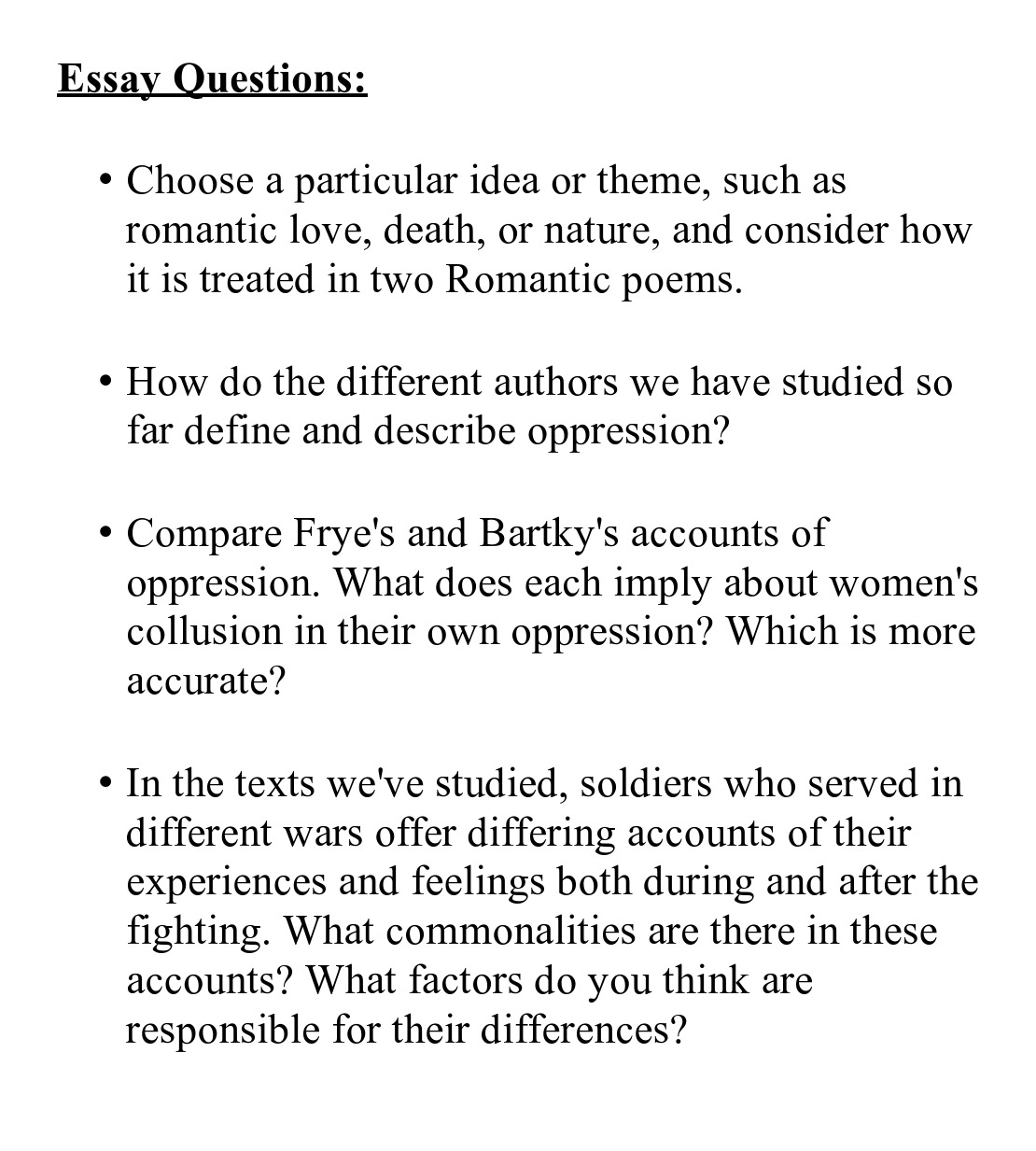How to Discuss a Topic in an Essay
Creating a discussion essay depends on questioning and investigation. Composing a thousand-word substance is not simple, so you should develop a conceptualizing note and mental map of your topic. Listed below are some tips to make your writing a success:
Components of a discussion essay
A discussion essay is written with the intention of informing the reader about different perspectives on a particular topic. As an academic essay, you are not trying to persuade the reader to adopt your point of view. Therefore, you will usually explain, contrast, and evaluate the points in the essay. Your body paragraphs should discuss one aspect of the topic, and you should include supporting evidence to back up your arguments.
A discussion essay is structured around investigation and questioning, and it takes a considerable measure of critical thinking to produce a 1000-word substance. For this reason, a mental map or conceptualizing note is imperative. Regardless of your subject, you should make a point to consider every alternate point of view. This will help you come up with a better argument. The essay will be a success once you have a clear idea of what you will discuss.
Choosing a topic for an essay
Choosing a topic for an essay is an important part of a student’s assignment. This decision will determine the content of the essay, so it’s important to choose carefully. Most prompts allow for some flexibility. While choosing a topic, ensure that it fits the prompt. Listed below are some ideas for choosing a topic for an essay. Don’t get hung up on the exact topic before you start writing.
Before you choose a topic for an essay, decide on what type of essay it will be. For instance, a college essay is typically about a particular issue, while an argumentative paper will be about a topic that is not widely known. Once you’ve narrowed down your topic, identify your sources, and use this information to develop a draft of your essay. If you don’t find enough sources for your topic, consider choosing a different one. Brainstorm several possible topics. If one seems too hard, don’t change it just yet.
Developing a thesis statement
Developing a thesis statement when discussing a topic in an essay is a crucial part of a well-written essay. A thesis statement should clearly define the topic and the purpose of the paper. It should also be concise and focused. It must predict the main points to be covered in the body of the paper. The thesis statement should not be flowery or vague, as it might confuse the reader.
Depending on the subject matter, a thesis statement can be short or long. Usually, it contains one or two sentences that state the topic or argument. Generally, a thesis statement is a two or three-line sentence. It should be at least two lines long, and around 30-40 words in length. The thesis statement should appear at the beginning of the essay, but teachers may have different preferences for where it appears. It is typically located in the last two or three sentences of the essay.
Outlining your essay
Outlining your essay to discuss a topic involves preparing a plan before writing the essay itself. The outline should be brief and contain the details of the topic. Outlining an essay is a skill that can be learned, and it should be followed religiously. There are several steps involved in the outlining process, including checking the assignment guidelines, finding the right resources, and conducting lab experiments or field research. Also, make sure to check the word limit and number of sources required for the essay, as well as the citation style of the assignment.
Outlining your essay to discuss a topic requires you to organize your ideas in a clear, well-structured way. The outline includes the topic sentence and supporting ideas. You can use phrases or bullet points to summarize each idea. Lastly, you should end the essay with a conclusion that ties everything up and leaves the reader with an idea that you hope to make them think. This can be done in a number of ways, and it will depend on the topic and how you approach the topic.



